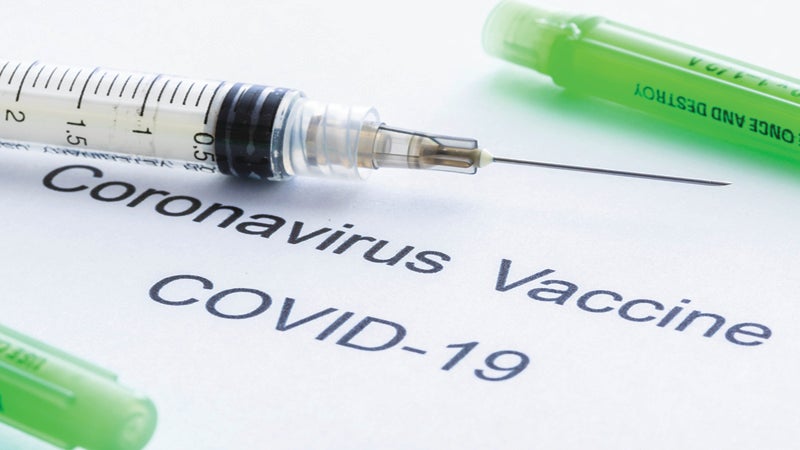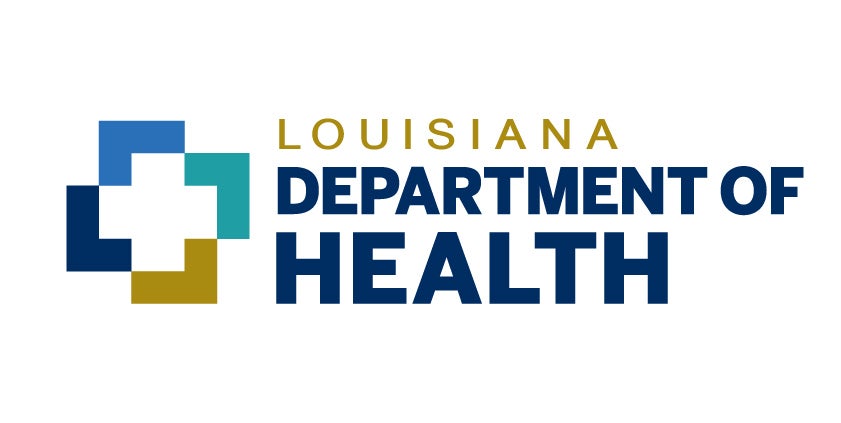Finley: Vaccinate and Eat Healthy
Published 12:30 pm Sunday, March 28, 2021
|
Getting your Trinity Audio player ready...
|
Spring of 2021 is finally here, and things are certainly looking different from spring of 2020.
COVID vaccinations are in full swing – have you gotten yours yet? – and while we shouldn’t relax our vigilance, infection rates and deaths are coming down.
Now is a good time to adopt some healthy lifestyle habit that provide high levels of benefit for brain health. They may also offset genetic and environmental risks of Alzheimer’s disease and other dementias.
Research suggests that adopting multiple healthy lifestyle choices, including healthy diet, not smoking, regular exercise and cognitive stimulation, may decrease the risk of cognitive decline and dementia. One study reported that participants who adopted four or five low-risk lifestyle factors had about 60% lower risk of Alzheimer’s dementia compared with participants who did not follow any or only one of the low-risk factors.
Two studies showed that actionable lifestyle changes could potentially counteract elevated risk for Alzheimer’s disease. In one report, researchers showed that participants with a high genetic risk for Alzheimer’s following a “favorable” lifestyle had a 32% lower risk of all-cause dementia compared with an “unfavorable” lifestyle. Another report confirmed that living in locations with high air pollution increased the risk for Alzheimer’s and other dementias.
Current evidence suggests that heart-healthy eating may also help protect the brain. Heart-healthy eating includes limiting the intake of sugar and saturated fats and making sure to eat plenty of fruits, vegetables, and whole grains.
No one diet is best. Two diets that have been studied and may be beneficial are the DASH (Dietary Approaches to Stop Hypertension) diet and the Mediterranean diet. The DASH diet emphasizes vegetables, fruits and fat-free or low-fat dairy products; includes whole grains, fish, poultry, beans, seeds, nuts and vegetable oils; and limits sodium, sweets, sugary beverages and red meats. A Mediterranean diet includes relatively little red meat and emphasizes whole grains, fruits and vegetables, fish and shellfish, and nuts, olive oil and other healthy fats.
Meanwhile, you can always get the latest information about the Association’s COVID-19 guidelines for Alzheimer’s and dementia caregivers in long-term or community-based care settings here:
The Alzheimer’s Association leads the way to end Alzheimer’s and all other dementia – by accelerating global research, driving risk reduction and early detection, and maximizing quality care and support. Our vision is a world without Alzheimer’s and all other dementia. Visit alz.org or call 800.272.3900.
Scott Finley is Media Relations Manager for the Alzheimer’s Association® in Texas. He can be reached at scfinley@alz.org






